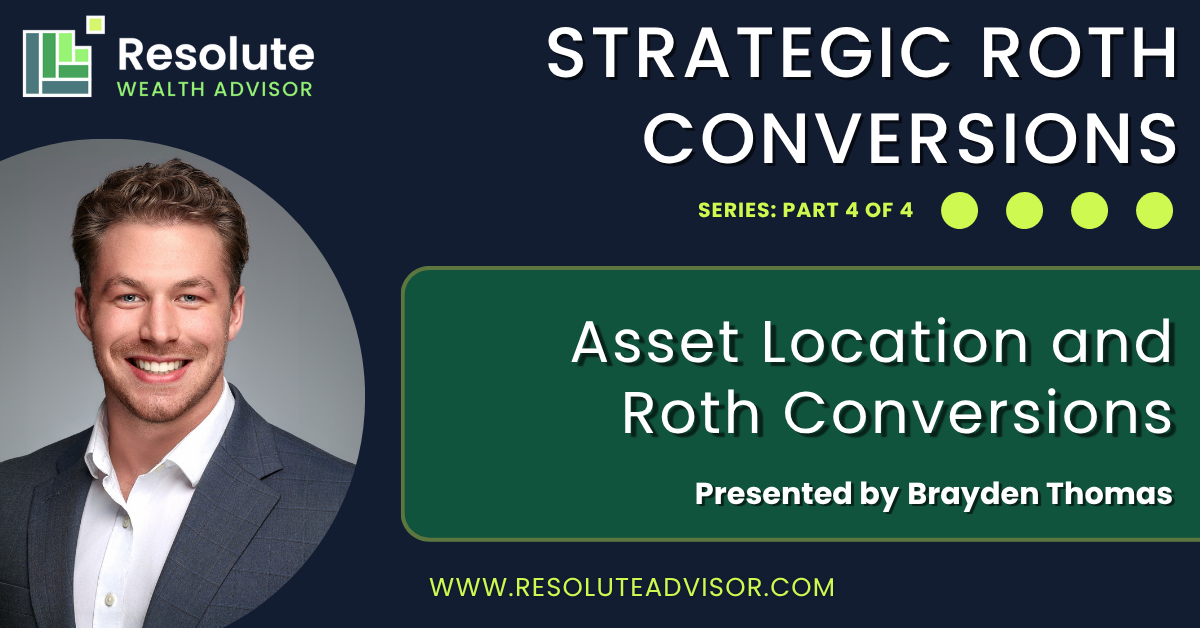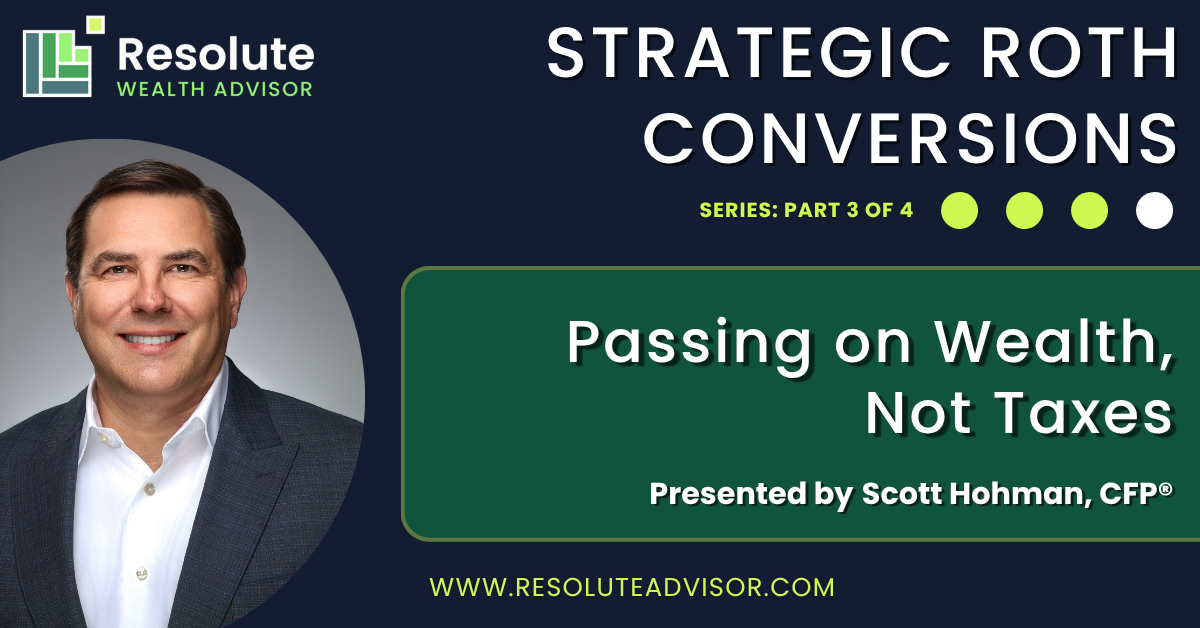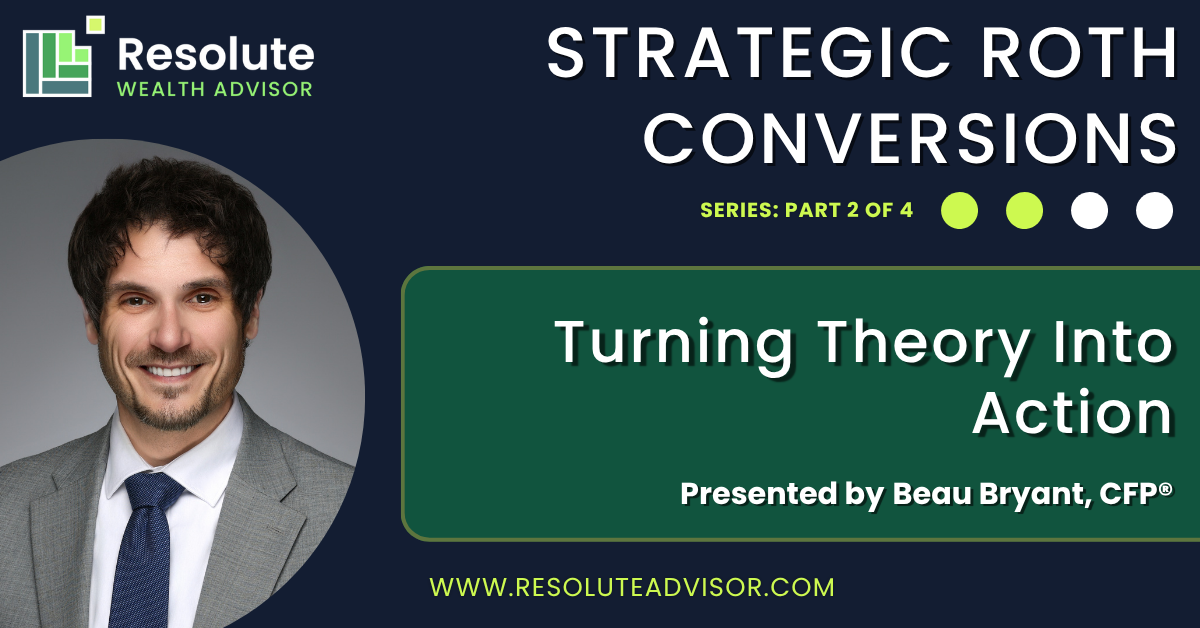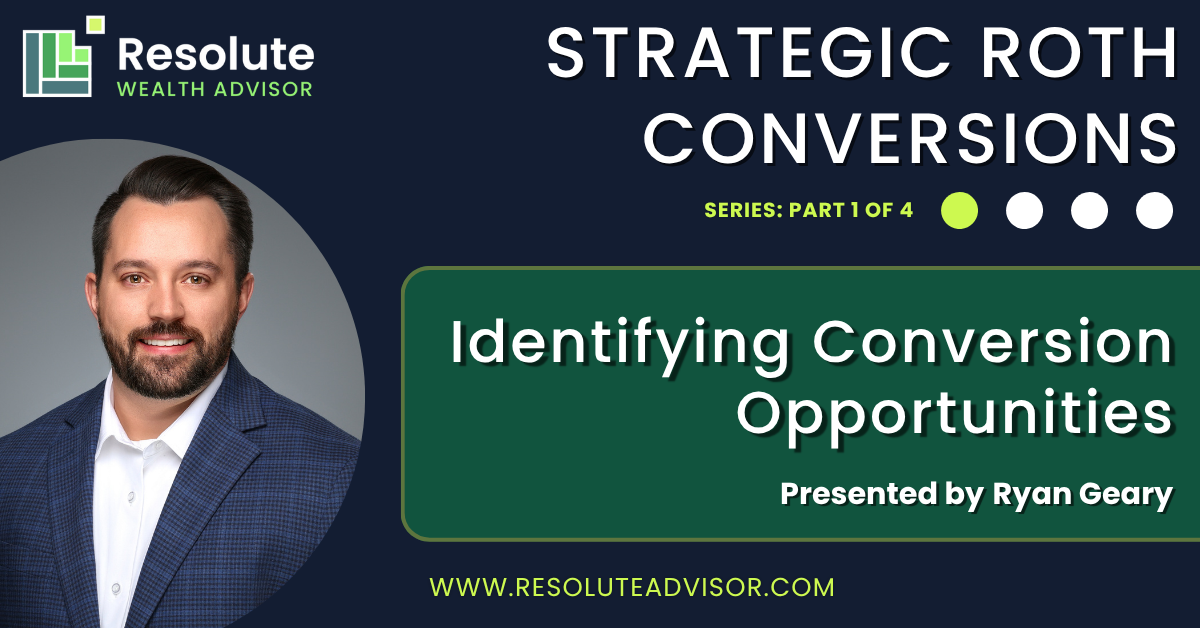Blog
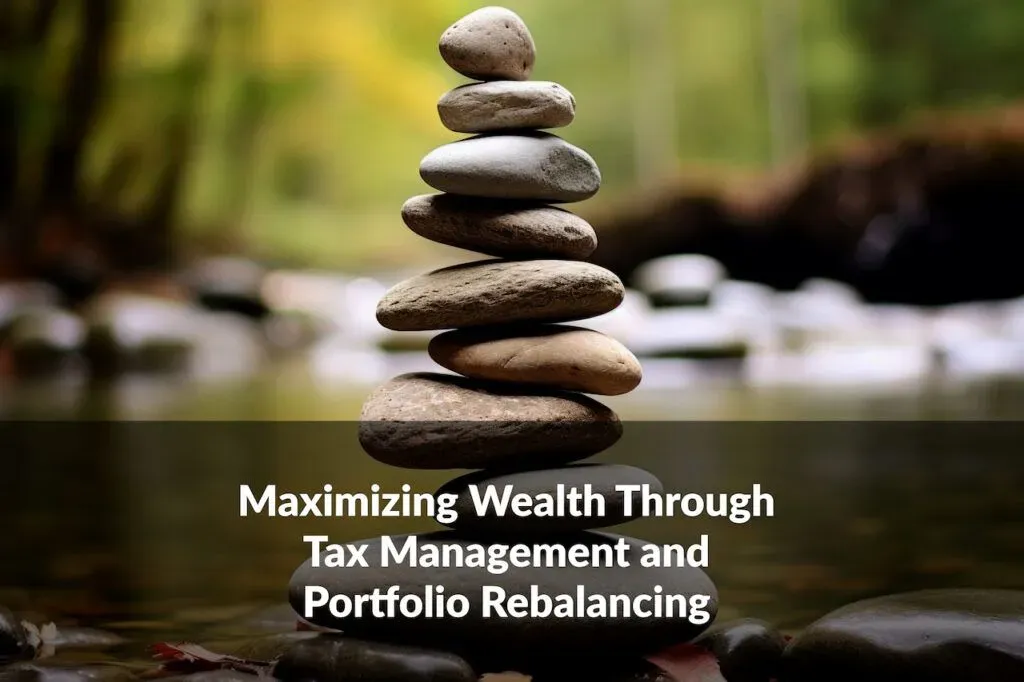
Maximizing Wealth Through Tax Management and Portfolio Rebalancing
Tax management and portfolio rebalancing are two essential strategies for optimizing investment performance and achieving financial goals. Whether through mitigating tax liabilities or maintaining target asset allocations, these approaches work […]
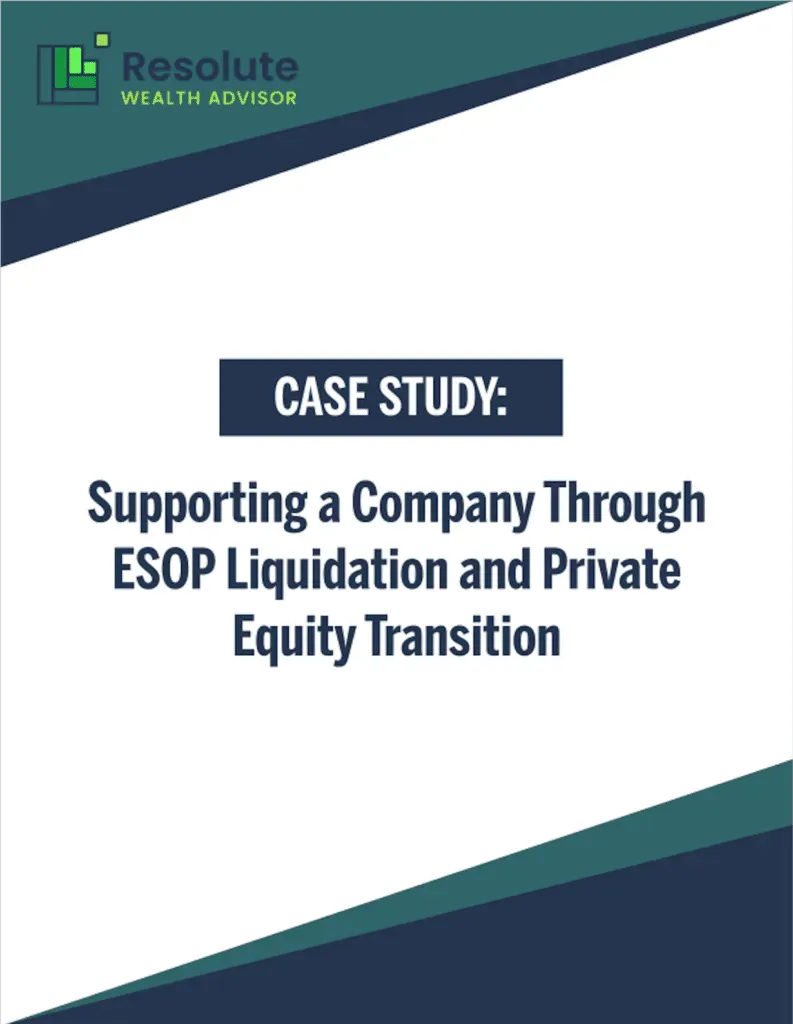
Case Study: Supporting a Company Through ESOP Liquidation and Private Equity Transition
Client Situation Resolute, a trusted financial advisor, was approached by a long-standing client-a local company for which Resolute provided fiduciary services and managed employee enrollment in the company’s 401(k) plan. […]


